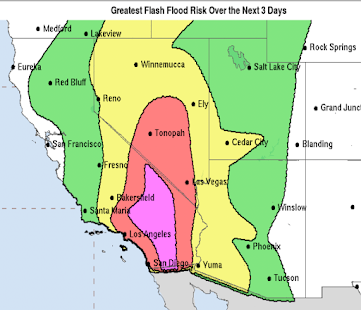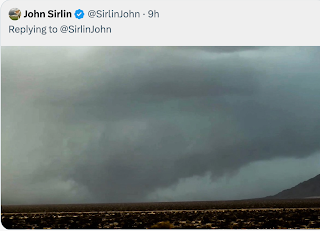Re-Regulating the Airlines, Conclusion
So, given the problems I have outlined in Parts I-VI, what to do?
From my point of view, trying to compete on service in today's airline environment is futile. The things frequent travelers care most about -- on time, more luggage options, peace and quiet, the TSA, are not under the control of the airlines. The airlines can only compete on price, so service must suffer especially if the trend toward higher fuel costs continues. What should we do?
I would allow an airline to fly to any city it wants. But, I would make the airlines bid for their slots every second year so that new entrants have a chance. I would probably mandate that larger aircraft get preferences rather than this nonsensical trend to fly more and more minijets so airlines can maintain the illusion (given ever lower numbers of passengers) of “hourly service” between (for example) St. Louis and Chicago and I would probably offer preferential treatments to cities that do not have travel options (i.e., Amtrak offers 6 trains/day between St. Louis and Chicago. They are upgrading train speeds to the point that downtown-to-downtown times aren’t that much less than flying).
I would also require successful bidders for slots to enter some type of lottery to insure essential levels of air service to remote cities. I fear that the Caspers of the world are going to lose all service if current trends continue. Lets rationalize the slots in a way that we use the smaller jets to make sure the Caspers have service rather than use 44-seat RJs between large cities to preserve “frequency.” I don’t think we really need a United regional jet to fly from St. Louis to Chicago at both 5:30 and 6am. How about a larger jet at 5:45?
Finally, I would add minimum service requirements. Recently, I had to fly from Washington, D.C. to Denver. My incoming flight to D.C. was late and I had to run to make the connection. To my shock, there was no food, even for purchase, available in coach. The flight attendant told me that because the flight left D.C. at 2pm it was not a “meal hour,” thus no food. A nearly four-hour flight is a long time not to have food available (I had to go 13 hours without food by the time we reached Denver). It should be mandatory that food be available for a three-hour flight with prepared meals mandatory for a flight of six hours or more.
Does this add up to regulating fares? Yes, it does. I’m OK with that. The United States survived with airline fare regulation up until 1979 and I think we can again at least until we can establish a true market mechanism for air travel.
In addition, the Constitution allows Congress to regulate over what areas the courts have jurisdiction. Its time to shut down the endless series of lawsuits that seem to occur every time a city votes to lengthen a runway. Yes, the homeowners (assuming they were there first) deserve a fair price and other consideration when their homes are taken through eminent domain. Yes, there may be legitimate environmental concerns. But endless “environmental” lawsuits are not the answer.
Finally, New Zealand, Canada and other nations have managed to modernize their air traffic control systems effectively and without the billions in waste that seem to plague our system. We can learn from them.
To sum up: It seems to be time for some fresh thinking with regard to airline travel in the United States. Some of the solutions may be some of the structures that existed in the past. Let the thinking, then the debate, begin.
The comments have been off during this series until I posted the conclusion. Fire away!
The comments have been off during this series until I posted the conclusion. Fire away!




Comments
Post a Comment